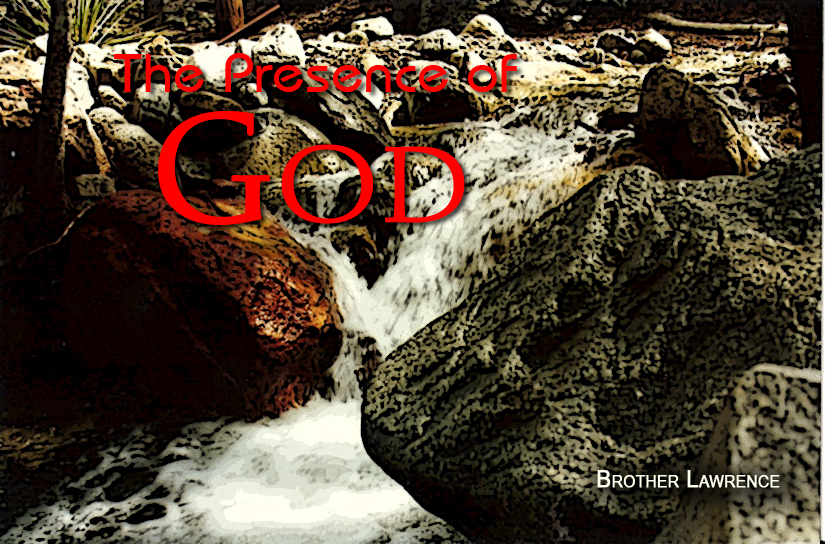Moments of belief & unbelief—
Excerpts from the writings of a monk, 1692
“The father of the child cried out, and said with tears,
Lord, I believe; help thou mine unbelief” —Mark 9:24
[2col1]IN THE WINTER I saw a tree stripped of its leaves and I knew that within a little time the leaves would be renewed, and then afterwards the flowers and the fruit would appear. From this I received a high view of the power and providence of God which has never since departed from my soul. The view I grasped that day set me completely loose from the world and kindled in me such a love for God that I cannot tell whether it has increased during the more than forty years since that time.
It is lamentable that we have so little faith. Men amuse themselves with trivial devotions which change daily instead of making faith in God the rule of their conduct. We ought to give ourselves up to God in things that are temporal as well as in things that are spiritual. We should seek our satisfaction only in fulfilling His will. If He leads us into suffering or if He leads us into comfort, our satisfaction should still only be for the fulfilling of His will, for both suffering and comfort are the same to a soul truly resigned to Him.
I was long troubled by the belief that perhaps I would be damned. All the men in the world could not have persuaded me to the contrary. Then I reasoned with myself: I have engaged in a religious life only for the love of God; I have endeavored to act only for Him; whatever becomes of me, whether I be lost or saved, I will always continue to act purely for the love of God. I shall have this good at least, that till death I shall have done all that is in me to love God. That troubled state of mind had been with me for years. I had suffered much.
I thought that perhaps there I would be made, in some way, to suffer for my awkwardness and for all the faults I had committed. I decided to sacrifice my life with all its pleasures to God, but He greatly disappointed me in this idea, for I have met with nothing but satisfaction in giving my life over to Him.
When I fail in my duty, I simply admit my faults, saying to God, “I shall never do otherwise if You leave me to myself. It is You who must stop my falling and it is You who must amend that which is amiss. ” After such praying I allow myself no further uneasiness about my faults.
[endcol] [2col2]And so it is the same in the kitchen (a place to which I have a great natural aversion). I have accustomed myself to doing everything there for the love of God. On all occasions, with prayer, I have found His grace to do my work well, and I have found it easy during the fifteen years in which I have been employed here.
I am very well pleased with the post that I am now in but I am as ready to quit it as I was my former occupation, since in every condition I please myself by doing little things for the love of God.
I am keenly aware of my faults, but I am not discouraged by them. When I have confessed my faults to the Lord, I peacefully resume my usual practice of love and adoration to Him.
We ought, without any anxiety, to expect the pardon of our sins from the blood of the Lord Jesus Christ; our only endeavor should be to love Him with all our hearts. God seems to have granted the greatest favor to the greatest sinners, as more signal monuments of His mercy.
I have no scruples; for when I fail in my duty I readily acknowledge it saying, “I am used to doing so; I shall never do otherwise if I am left to myself.” If I do not fail, then I give God thanks, acknowledging that the strength comes from Him.
Brother Lawrence
[endcol][clearcol]
We know very little of Nicolas Herman, who later became affectionately known as Brother Lawrence; we know that he was born in poverty in 1611 and began to follow God at an early age. He served God in quiet, but left writings of faith that have inspired countless people. These excerpts are taken from those writings.
